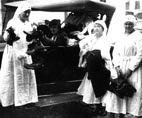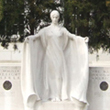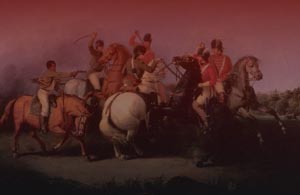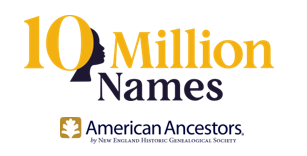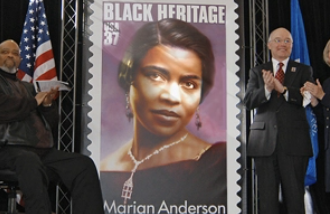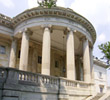The first step is to begin with what you know and what you can document. What documents do you have for yourself and your family? Do you have a copy of your birth certificate? If you are married, do you have a copy of your marriage certificate? What information is in these records? What documentation do you have for your parents and grandparents? If any of them are deceased, do you have copies of their death certificates or obituaries?
If you have close relatives who have joined the DAR, all that you may need to do is to provide documentation that connects you to their application. In that case, you may not need to do additional research. If you do not have a close relative who is or was a member of the DAR, you will likely need to do some genealogical research in order to find a suitable patriot ancestor on whom to join the Society.
When submitting an application to DAR, it is important to document all the details that are included in the application. As you begin gathering documents, carefully review them for what information they actually contain. For example, does your birth certificate include the names of your parents? Many states issue “short form” birth certificates that give the subject’s name, date and place of birth, but omit other details such as the names of parents. Such documents are useful for proving when and where someone was born, but proving the names of the parents is problematic if this information is not given on the document.
DAR staff genealogists can only go by the information that is on the documents. If your birth certificate is a short-form birth certificate, what other documents do you have that show your parents’ names? The farther back in time your research carries you, repeat this line of questioning for each document you acquire.
Before you get too far along in your research, you will want to devise some manner of organizing your research material. One way of doing so is to use genealogy software to list family members and known data on their life events. There are many of these available on the market. Many are also available for free. Some websites such as Ancestry.com and FamilySearch.org allow users to create family trees that are stored on their sites. Users can then link records they find on these sites to their family trees. The advantage to this approach is that users have access to these trees from anywhere they have an Internet connection.


